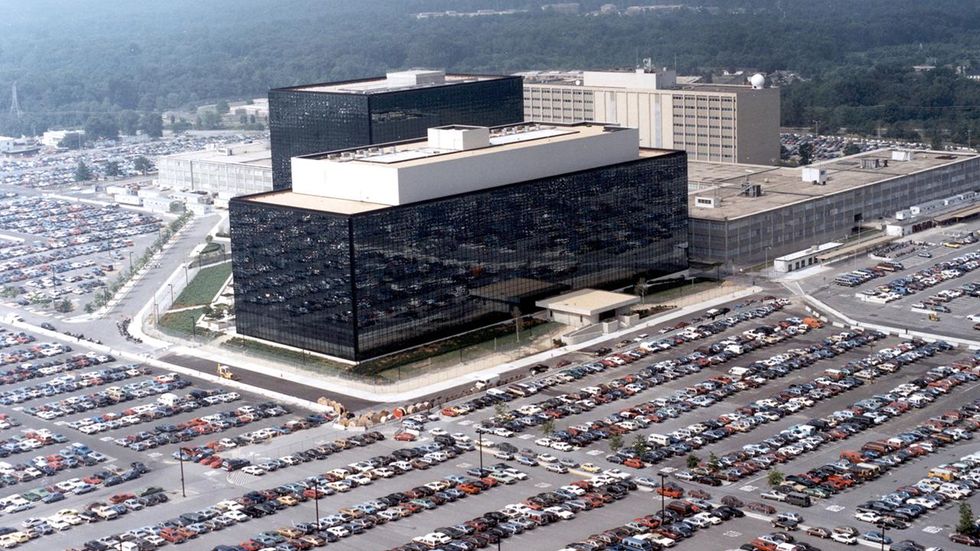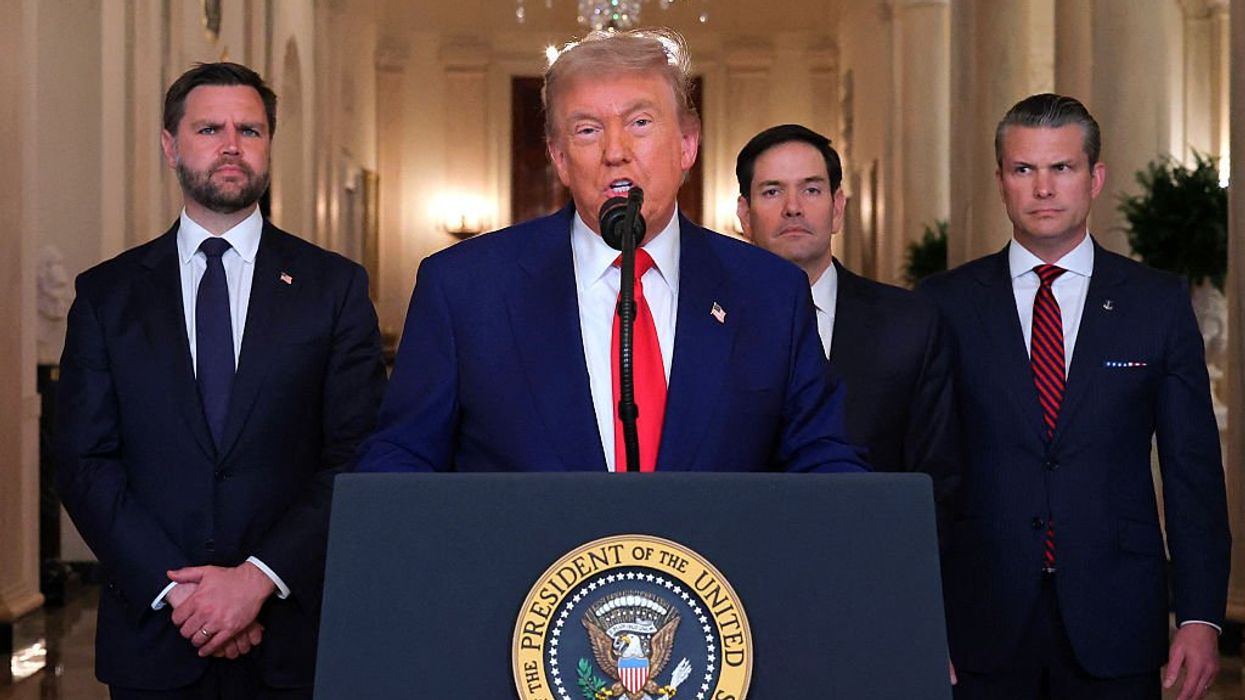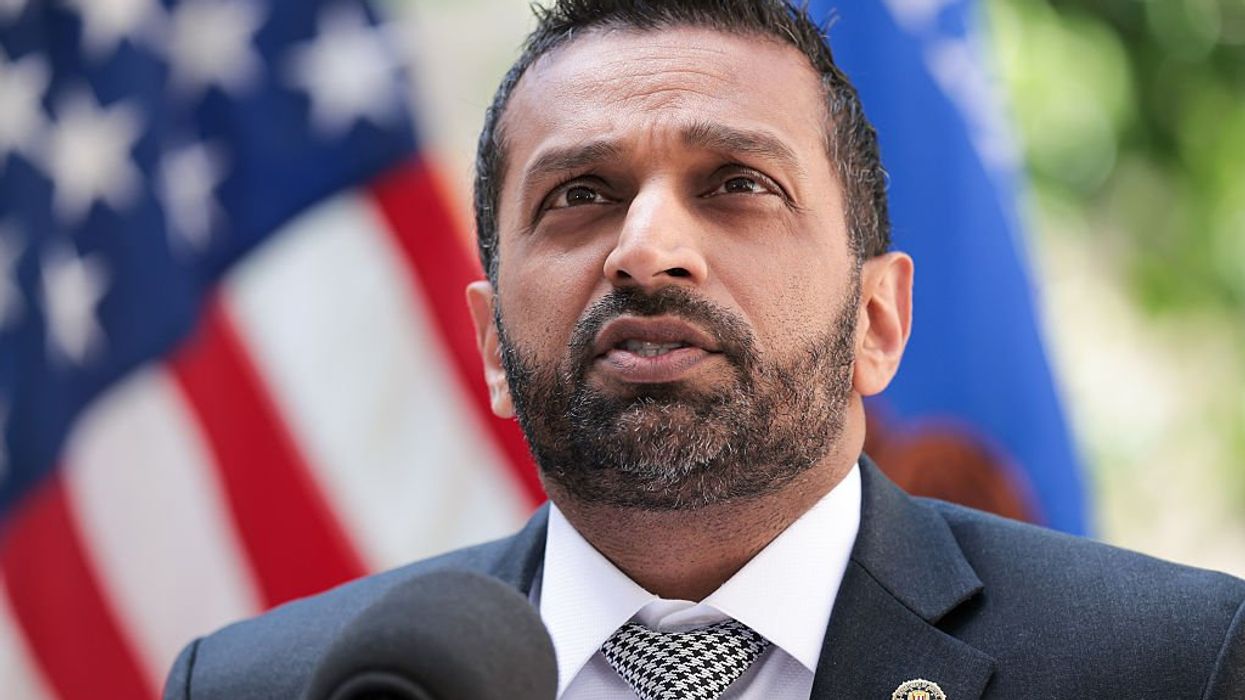The U.S. National Security Agency collected more than 534 million records of phone calls and text messages from American telecommunications providers last year, tripling the amount of data it collected in 2016, according to a report released Friday.
Service providers like AT&T and Verizon are providing much of the data. That includes records of phone calls received and made, but not the actual contents of what was said, according to the report from the office of the Director of National Intelligence.
Why did it triple?
The report does not explain why the increase in data collection was so large.
Alex Joel, the office’s own chief civil liberties officer, told the New York Times it may be due to the amount of data companies are keeping, whether a target uses multiple phones, how the telecommunications industry creates records and duplicate records.
The triple increase was dismissed as a fluctuation.
“Based on what we have learned from this data, we expect it will continue to fluctuate from year to year,” Joel said.
Joel also said the NSA had not "reinterpreted legal restrictions" on how it collects data.
In 2015, Congress made changes to how the NSA can access domestic telecom data. The changes were made to end an NSA bulk collection program that vacuumed up billions of phone records from Americans per day. Under a new system, phone companies keep bulk records but the NSA has access to all records that target an individual and anyone that person has contacted, according to reports.
What led to this?
The NSA’s mass data collection efforts date back to the Sept. 11 terrorist attacks and were exposed in 2013 by Edward Snowden, a former intelligence contractor and CIA employee who became a whistleblower. Snowden publicly released a series of classified documents that set off a national and international debate on government surveillance and citizens' privacy rights.
Privacy advocates have long warned that Section 702 allows the NSA to spy on internet and telephone communications of Americans without warrants.
The Electronic Frontier Foundation explains:
Section 702 is a surveillance authority passed as part of the FISA Amendments Act in 2008. That law amended the Foreign Intelligence Surveillance Act of 1978.
Section 702 is supposed to do exactly what its name promises: collection of foreign intelligence from non-Americans located outside the United States. As the law is written, the intelligence community cannot use Section 702 programs to target Americans, who are protected by the Fourth Amendment’s prohibition on unreasonable searches and seizures. But the law gives the intelligence community space to target foreign intelligence in ways that inherently and intentionally sweep in Americans’ communications.
The report released Friday "did not disclose the volume of Americans’ communications or metadata gathered by the NSA's work abroad, where its activities are regulated by Executive Order 12333, not the Foreign Intelligence Surveillance Act, and it is permitted to engage in bulk collection," the Times reported.
One concern is that foreign intelligence could be used for domestic law enforcement purposes in a way that evades traditional legal requirements.







